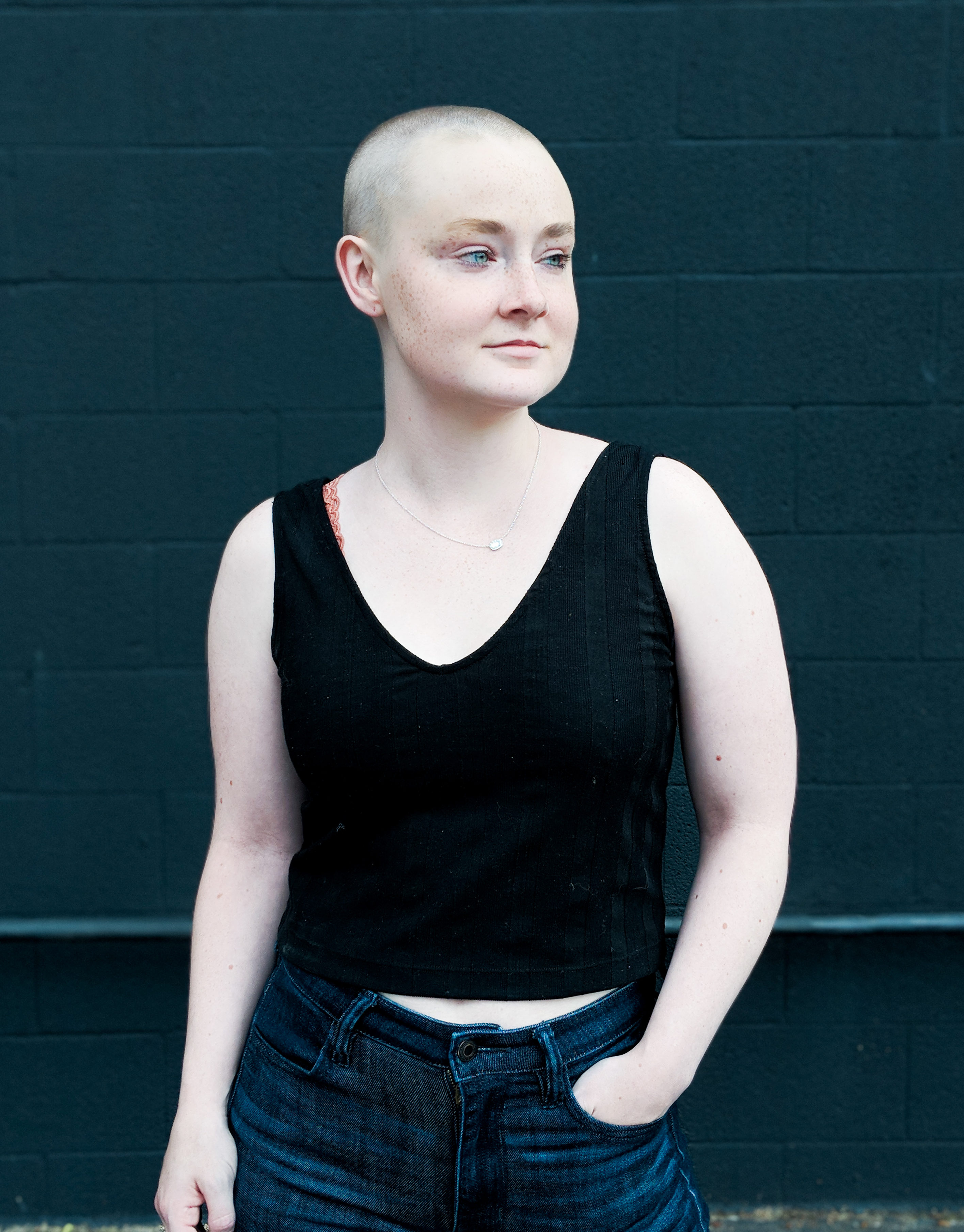Every morning, I wake up with terror and caution about the measles outbreak waiting in my inbox and on my newsfeed.
Sometimes it’s from concerned relatives and other times professors. Sometimes it’s my friends sending me links, but everyone around me wants me to be careful. They have a good reason.
I am six months old. Well, at least my immune system is six months old.
The rest of my body is 21.
In July, I received a life-saving bone marrow transplant from an unrelated donor for a rheumatological blood disease I’ve had since I was fifteen. Receiving a transplant was a second chance at life, one that I am eternally grateful for every single day.
However, getting a different blood type is a long process that includes being extremely immunocompromised. I won’t be able to be re-vaccinated with my “baby shots” for another two years, although the process will start in March. Live vaccines, like the measles, can’t be given until I’m two. That means that until then, I’m at the mercy of anti-vaccination moms on Facebook.
Vaccination isn’t a states rights issue or even an individual rights issue. It’s a public health issue that has far reaching implications for kids, the elderly, and anyone like me who’s immunocompromised, such as people with chronic illnesses and cancer patients.
When people choose a personal exemption for religious reasons, they’re often forgetting that their freedom of religion stops when it breaches another person’s right to life. The body might be a temple, but I’m fairly certain that God said to “love thy neighbor” and not “kill thy neighbor with measles.”
Choosing not to vaccinate a child is like drunk driving. You’re willingly putting yourself, or in this case, a child, in harm’s way while also endangering the greater public.
To this day, there is no scientific evidence that vaccines are harmful to children.
Many movements online claim that vaccines are the cause of Autism, which not only isn’t true, but is deeply insulting to the disability community by insinuating that having a dead child is better than having a disabled one. These movements rarely stop to think about the communities they are insulting, and lack the basic empathy to take into consideration the health of other human beings.
Going back to college after transplant has been difficult, but it’s been made more difficult by the threat of a preventable disease. When a person chooses not to vaccinate, they’re saying that they not only do not care about the health of their child, but also that they don’t care about anyone else.

